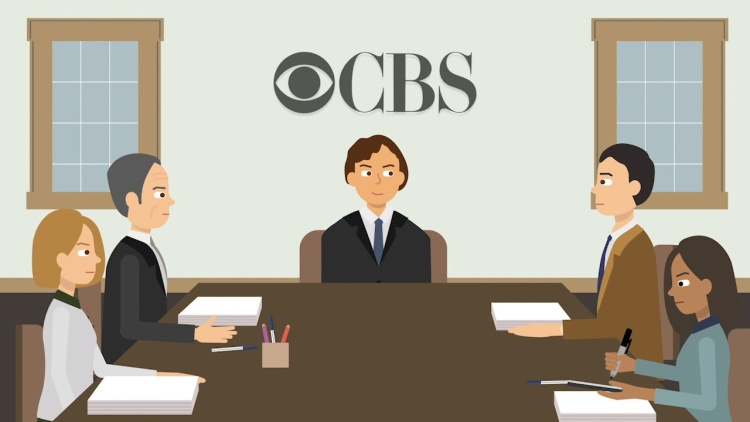American Broadcasting Cos, Inc. v. Wolf
New York Court of Appeals
420 N.E.2d 363, 52 N.Y.2d 394, 438 N.Y.S.2d 482 (1981)
- Written by Megan Petersen, JD
Facts
Warner Wolf (defendant) was employed as a sportscaster by American Broadcasting Companies (ABC) (plaintiff). In February 1978, ABC and Wolf entered into an employment contract, which was to terminate March 5, 1980. The contract contained both a good-faith-negotiation clause and a first-refusal provision. The good-faith clause required Wolf to agree, during the 90 days prior to the expiration of the employment contract, to negotiate in good faith with ABC for the extension of the employment contract on mutually agreeable terms. Additionally, for the first 45 days of the 90-day period, Wolf was required to refrain from negotiating for his services with any other person or company besides ABC. Under the first-refusal provision, Wolf was required for the three months after the expiration of his employment agreement to not accept any other employment offer in the same field without first giving ABC an opportunity to employ him on substantially similar terms. Thus, under the terms of this agreement, Wolf was bound to negotiate in good faith with ABC from December 6, 1979 through March 4, 1980. Additionally, from December 6, 1979 through January 19, 1980, Wolf’s negotiations with ABC were to be exclusive. Finally, following expiration of Wolf’s employment agreement with ABC on March 5, 1980, Wolf was required to afford ABC a right of first refusal before accepting any other offer. Wolf and ABC began reemployment negotiations in September 1979. ABC did not accept Wolf’s terms, however, until January 2, 1980. During October 1979, Wolf also began employment negotiations with CBS. On February 1, 1980, after termination of the exclusive period for negotiations with ABC, Wolf orally agreed to work for CBS. Wolf signed an employment agreement with CBS on February 4, 1980. The employment agreement with CBS stated that effective March 6, 1980, Wolf was barred from performing services of any nature for another company. On February 5, 1980, Wolf submitted a resignation letter to ABC and stated he would leave ABC on March 5, 1980. ABC attempted to renegotiate with Wolf, but Wolf rejected ABC’s various offers and promises. Wolf continued, however, to appear on air for ABC from March 6 until May 28, 1980. ABC brought suit against Wolf in New York State court seeking specific enforcement of its right of first refusal to employ Wolf and an injunction against Wolf’s employment as a sportscaster with CBS. The trial court found Wolf did not breach his contract with ABC, and held that even if he did, equitable relief would be inappropriate. The appellate court found that Wolf breached his contract, but affirmed the ruling of the trial court because it held equitable relief would be inappropriate. ABC appealed.
Rule of Law
Issue
Holding and Reasoning (Cooke, C.J.)
Dissent (Fuchsberg, J.)
What to do next…
Here's why 904,000 law students have relied on our case briefs:
- Written by law professors and practitioners, not other law students. 47,100 briefs, keyed to 995 casebooks. Top-notch customer support.
- The right amount of information, includes the facts, issues, rule of law, holding and reasoning, and any concurrences and dissents.
- Access in your classes, works on your mobile and tablet. Massive library of related video lessons and high quality multiple-choice questions.
- Easy to use, uniform format for every case brief. Written in plain English, not in legalese. Our briefs summarize and simplify; they don’t just repeat the court’s language.





